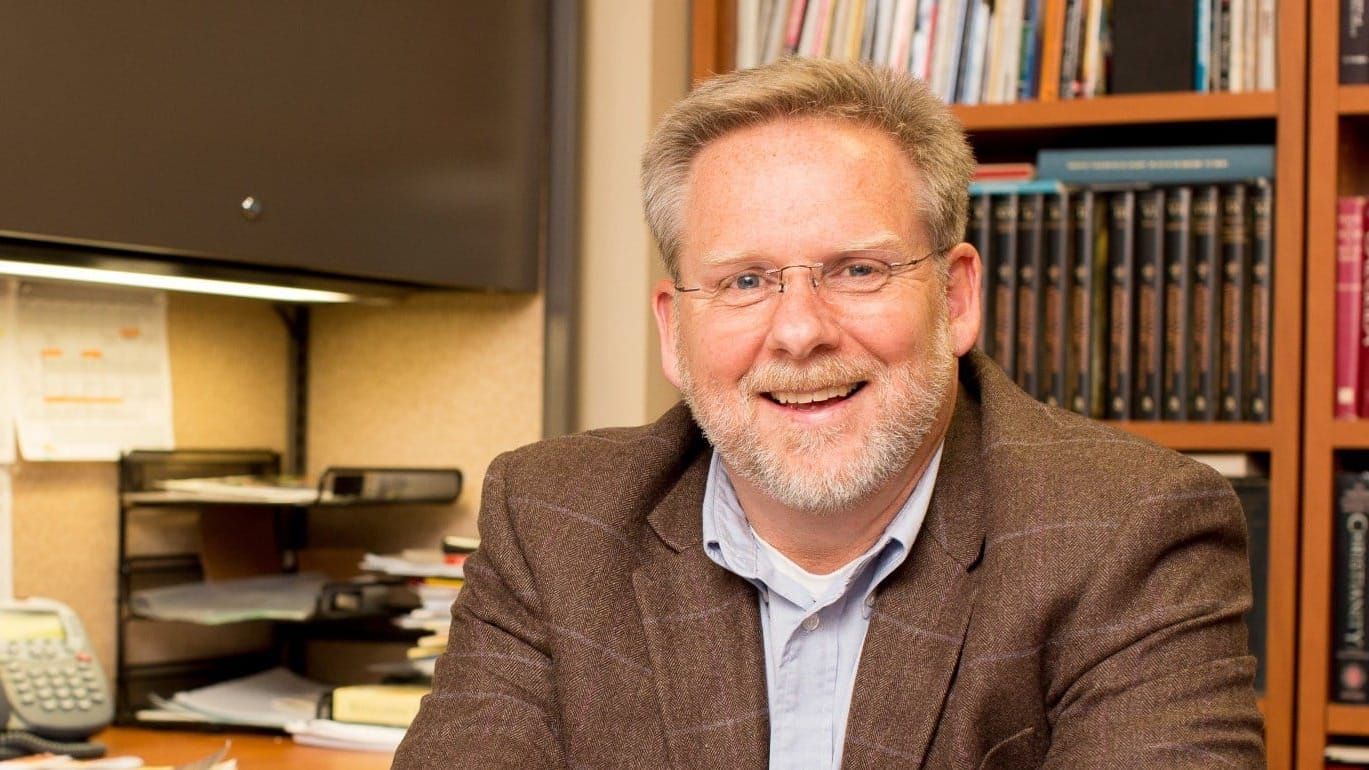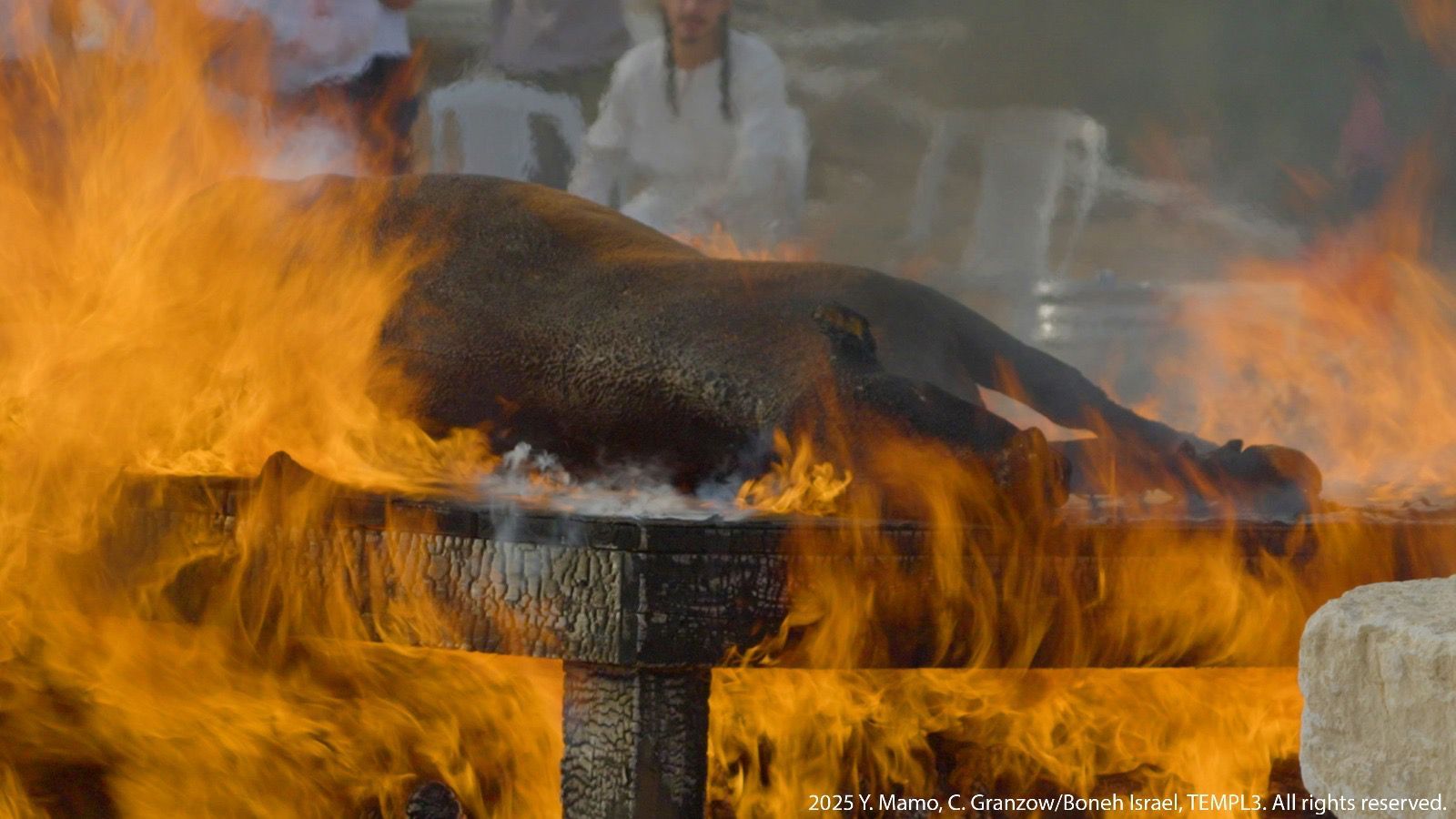The Big Questions
Have our colleges and universities lost sight of their purpose?
"No matter where they've attended school," the reader is assured in Becoming a Master Student, the most widely used text intended to orient incoming freshmen, "liberally educated people can state what they're willing to bet their lives on." But this otherwise helpful book fails to give students direction on how to discover such confidence.
Among the more formidable attempts to help higher education address life's big questions was the Great Books movement, closely associated with the life work of Robert Maynard Hutchins at the University of Chicago. He was leery of any social or institutional commitments fueled by zeal without knowledge, and the latter came most notably through a study of the great thinkers through the ages—the "Great Conversation." During a lively 1970 interview (worth reading in its entirety), he cautioned the Academy:
It is the absence of anything relevant in the current program of the multiversity that has produced this demand for relevance on the part of the young. When young people are asked, "What are you interested in?" they answer that they are interested in justice, they want justice for the Negro, they want justice for the Third World. If you say, "Well, what is justice?" they haven't any idea … . They are ignorant of the fact that there is a Great Conversation echoing back through history on the subject of justice.[1]
Anthony T. Kronman, former dean of the Law School at Yale, makes a laudable attempt to revive this Great Conversation approach in Education's End: Why Our Colleges and Universities Have Given Up on the Meaning of Life. Kronman's focus is on the humanities, and his appraisal is blunt: humanities professors in our finest colleges and universities have collectively blown it, cowering in the face of the German "research ideal":
This damage was not the result of an attack from without. It was not caused by barbarians crashing the gates. It was a self-destructive response to the crisis of authority that teachers of the humanities brought down on their own heads when they embraced the research ideal and the values associated with it.
According to Kronman, the Academy is a mess, elevating what Max Weber dubbed the "Vocation of Scholarship" as the measure of all things. From graduate interns through veteran professors, specialized research has long since eclipsed the importance of teaching. Tenure and rank promotion are tied closely to peer-refereed publications in discipline-specific fields. While Kronman acknowledges great gains in the hard sciences, and much new knowledge in the humanities as well, he contends that the perennial questions of the human condition are relegated to the periphery in the university today. He supports this indictment with twenty pages of anecdotes.
In the next section, Kronman steps back to sketch a three-stage overview of American higher education, beginning with the founding of Harvard in 1636 and the ensuing "age of piety." Here the "ends of human living" were indeed central to the curriculum but, Kronman laments, teaching was erroneously based on dogmatic religious assumptions. Unsurprisingly, it's in the second period, the "age of secular humanism," that Kronman finds the zenith of American education.
Beginning after the Civil War and lasting through the mid-20th century, this expansive era, like the age of piety, was unembarrassed by fundamental questions about the meaning of life. But higher education in this phase had cast off the shackles of faith. It presupposed the existence of a common human nature and a pluralistic belief in many paths to fulfillment, but within an acceptable range of responses. Through a study of the Great Conversation, secular humanism (a flag that Kronman is quite comfortable waving) "assumed that the ultimate values toward which a human life may be directed are relatively few in number," and "a relatively permanent set of possibilities" exists since the human condition remains constant through the ages.
The third stage, beginning in the 1960s, has been dominated by the research model that Kronman critiques. His prescription for reform, laid out in the last third of the book, is a return to an enlightened secular humanism. In particular, he champions Yale's Directed Studies program, a Great Books program that enrolls a small percentage of incoming freshmen each year. But here's the rub. Kronman writes eloquently about reviving the ancients' notion of truth matching reality—the product of a time when objective standards were assumed for the determination of noble causes—but with objective standards jettisoned. The reading list for the Yale program is impressive indeed, but as Kronman frames it, this course of study leads logically to an informed existentialism, with his students making choices once expected of their mentors. His system renders firm answers to important questions impossible. Students might reasonably conclude that there's no point in asking.
How should we venerate the collective wisdom of the great writers? They frequently contradict one another; they often strongly contradict Kronman's own assumptions. For example, the thesis of Augustine's City of God couldn't be more contrary to Kronman's dismissal of religious dogma as a foundation for higher education. In the Augustinian tradition, this question is the starting point: "Is God who he is because of who I am, or am I who I am because of who God is?"
Many of Kronman's secular colleagues place their faith in the supreme authority of science. Not Kronman. "At the very heart of our civilization," he writes, "with its vast powers of control, there is an emptiness that science has created and cannot fill. It is an emptiness that many people feel and a cause of much anguish and yearning." You may be tempted to say amen. But wait a minute. How has "science" created the emptiness Kronman describes? He writes as if holding an iPhone stymies one's philosophy. If anything, his own account of our malaise points directly to the inadequacy of secular reason: fulfillment must be sought outside the natural realm.
But Kronman doesn't see that. On the contrary. He's convinced that the Academy, overawed by the authority of science and in thrall to the research ideal, has by default ceded authority on life's ultimate questions to churches and their mystifications. Again he prescribes a daily dose of wise and tolerant humanism.
Some readers may feel that I've been too hard on Kronman. After all, isn't his scathing account of the state of higher education right on target? Well, no. His blatant, repeated assertion that, by and large, life's ultimate questions are not being asked in our colleges simply is not true. Kronman leaves us with a gloomy impression of the national professoriate lecturing under the baleful eye of Sauron and his henchmen (the tenure committee), too intimidated to address students' deepest concerns.
Douglas and Rhonda Jacobsen's The American University in a Postsecular Age (Oxford Univ. Press, 2008) counters Kronman's central claim. "Far from fading into oblivion," they write, "religion seems to be increasing its visibility and influence; secularization is no longer the default assumption." Their position is backed by essays from fifteen noted educators, who agree that "the connections between faith and learning, rationality and religion, [and] spirituality and the search for truth" are central to the curriculum. The essay by Warren Nord (University of North Carolina, Chapel Hill), "Taking Religion Seriously in Public Universities," is especially germane to Kronman's argument.
The pathologies Kronman decries are not imaginary. Nord, for example, observes that "a truly remarkable degree of intellectual compartmentalization" has dampened academic reflection on the implications of the faith beliefs held by three-quarters of college faculty members. But Kronman's sweeping jeremiad misses more of what's actually going on in the Academy than it encompasses.
Let me give a personal example, not to toot my own horn but to suggest why I experienced such cognitive dissonance while reading Kronman's book. I'm writing this review from the San Francisco Hyatt Regency, where last night Parker Palmer addressed two thousand educators on some of life's big questions. Today, McGraw-Hill distributed hundreds of copies of my book Why I Teach to professors, with a major promotion for another book, The Purpose-Guided Student. Numerous presentations at the conference addressed these same questions. Major academic publishers distributed weighty catalogues of readers for new students that invite them into big-question discussions. Hundreds of books are listed as "freshman common read"—intended for entire entering classes to wrestle with being human. The titles range from Tuesdays with Morrie to Things Fall Apart, The Bridge of San Luis Rey, and My Name is Asher Lev, from First They Killed My Father to Brave New World and Candide.
But I'm not sorry I read Kronman's book, and I'm not being insincerely polite or patronizing when I say that I'm appreciative of his work. I'm reminded of the value of reading Justin Martyr's Dialogue with Trypho (2nd century AD), in which we see rival positions discussed openly—and the richness of thought and effort that each expends in defending his position. Kronman's forthright defense of secular humanism and his critique of other viewpoints helped me to sharpen my own convictions. Though I disagree with his main premises, I found myself returning to his pages to read again his rationale, to get lost in the helpful details of his footnotes, and to try to figure out what we have in common in using many of the same great books to understand the human condition.



